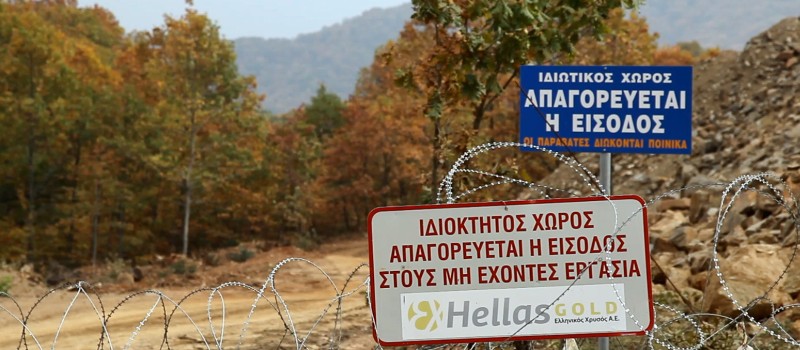
Water, as we all know, is the most precious of all goods, a source of life which is not inexhaustible; therefore it should be economically used and fairly shared. The fact that it is part of life itself makes it an “excellent” opportunity for accumulation of wealth, especially under urban circumstances or in uncontrolled industrial activity situations. Societies have always opposed private water management on the basis that it is a right and not a commodity. But in the era of “crisis”, both the imposed “state of exception” and the increasing suppression of people and social rights overlook the opposition at the interest of a few businessmen. This is an especially intensive process in memorandum Greece.
Although crisis in Greece has driven thousands of households to desperation and impoverishment, both local and international businessmen find there an excellent opportunity to boost their already fat enough bank accounts. Business plans that have been lurking for years are now presented as a necessity “in order to exit the economic crisis”! In fact, the crisis is used as an alibi for a series of actions and unconstitutional practices which otherwise couldn’t be performed. This is true for water too: Greek governments prepare to lay it down to multinational enterprises’ control, although the international experience urges them to do the opposite. This doesn’t come as a surprise: all over the world, wherever the IMF “saved” a country by offering loans, it demanded massive privatizations in return.




